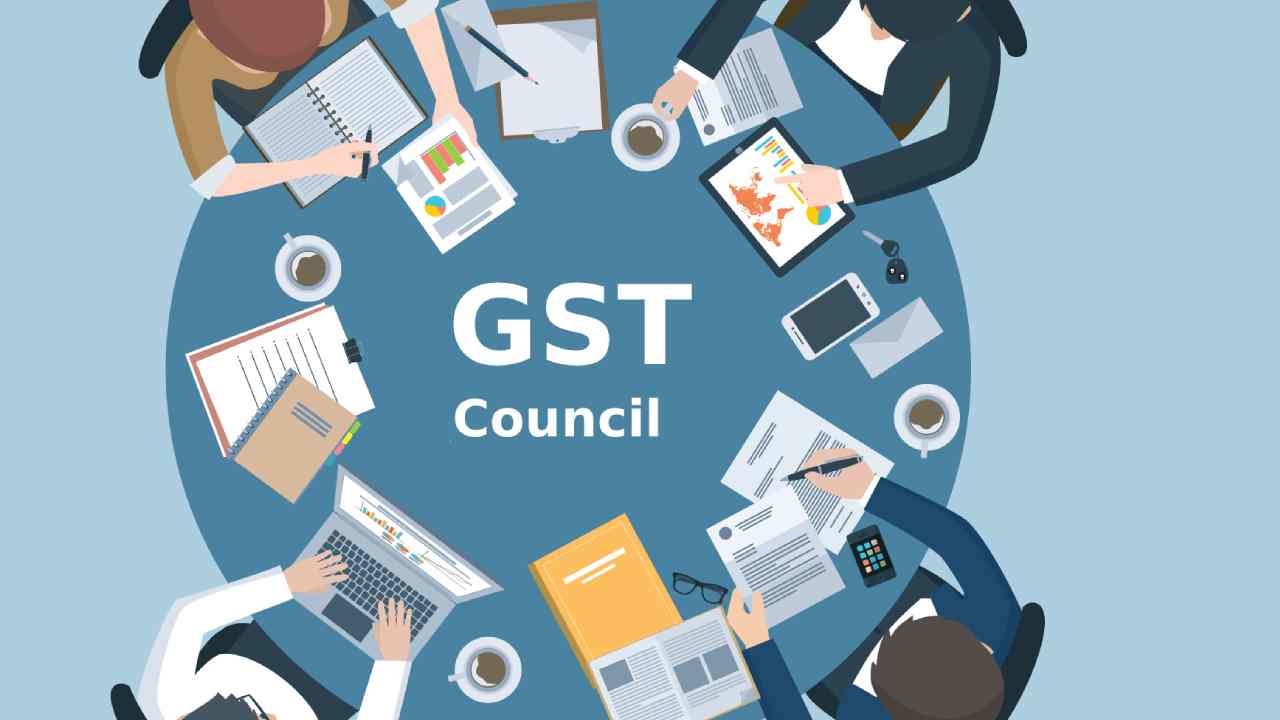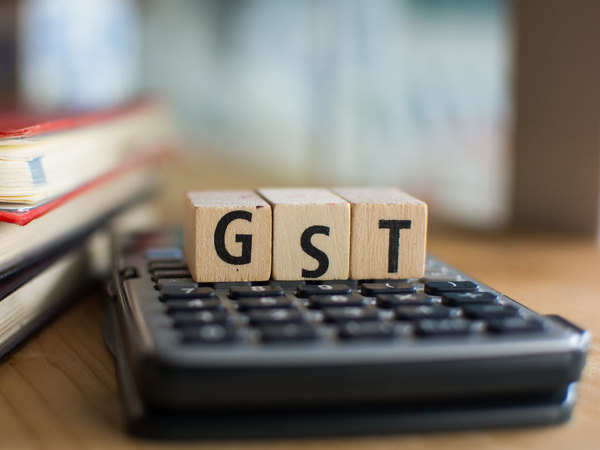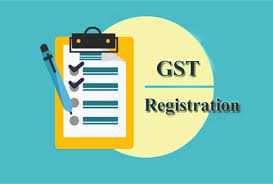The GST Council in its next meeting is likely to discuss the decriminalisation of offences under GST law, along with raising the threshold of launching prosecution to Rs 20 crore from Rs 5 crore at present, officials said on Monday.
The council, chaired by Union finance minister Nirmala Sitharaman and comprising her state counterparts, is scheduled to meet virtually on December 17.
The government had in September said that GST officers can launch prosecution against GST offenders in cases where the amount of evasion or misuse of the input tax credit is more than Rs 5 crore.
Launching of prosecution by taxmen means the commencement of legal proceedings against the offender.
One of the proposals before the Council is to raise the threshold limit for launching criminal proceedings under GST for offences over Rs 20 crore. Also, the property of offenders below the set threshold will not be attached, officials said.
The Council is also likely to consider removing those penal offences which are already covered under the Indian Penal Code (IPC) from the GST Act to make it more taxpayer-friendly.
The law committee of GST officers has finalised the changes in Section 132 of the GST Act as part of the exercise to decriminalise the law, officials said.
Once the proposal for GST law decriminalisation is approved by the GST Council, amendments to the central GST Act are expected to be introduced in the winter session of Parliament beginning December 7.
Once approved by Parliament, states would be required to amend their GST laws.
Officials said suggestions have been received for lowering GST on premiums for health insurance from the current 18 per cent.
The GoM (Group of Ministers) on rate rationalisation is looking into various suggestions and including its recommendation in the report, officials said.
ALSO READ: All about GST under reverse charge mechanism on renting of motor vehicles
Relevant Statutory Provision:
*Section 132. Punishment for certain offences.-
(1) Whoever commits, or causes to commit and retain the benefits arising out of, any of the following offences, namely:-
(a) supplies any goods or services or both without issue of any invoice, in violation of the provisions of this Act or the rules made thereunder, with the intention to evade tax;
(b) issues any invoice or bill without supply of goods or services or both in violation of the provisions of this Act, or the rules made thereunder leading to wrongful availment or utilisation of input tax credit or refund of tax;
(c) avails input tax credit using the invoice or bill referred to in clause (b) or fraudulently avails input tax credit without any invoice or bill;
(d) collects any amount as tax but fails to pay the same to the Government beyond a period of three months from the date on which such payment becomes due;
(e) evades tax or fraudulently obtains refund and where such offence is not covered under clauses (a) to (d);
(f) falsifies or substitutes financial records or produces fake accounts or documents or furnishes any false information with an intention to evade payment of tax due under this Act;
(g) obstructs or prevents any officer in the discharge of his duties under this Act;
(h) acquires possession of, or in any way concerns himself in transporting, removing, depositing, keeping, concealing, supplying, or purchasing or in any other manner deals with, any goods which he knows or has reasons to believe are liable to confiscation under this Act or the rules made thereunder;
(i) receives or is in any way concerned with the supply of, or in any other manner deals with any supply of services which he knows or has reasons to believe are in contravention of any provisions of this Act or the rules made thereunder;
(j) tampers with or destroys any material evidence or documents;
(k) fails to supply any information which he is required to supply under this Act or the rules made thereunder or (unless with a reasonable belief, the burden of proving which shall be upon him, that the information supplied by him is true) supplies false information; or
(l) attempts to commit, or abets the commission of any of the offences mentioned in clauses (a) to (k) of this section,
shall be punishable-
(i) in cases where the amount of tax evaded or the amount of input tax credit wrongly availed or utilised or the amount of refund wrongly taken exceeds five hundred lakh rupees, with imprisonment for a term which may extend to five years and with fine;
(ii) in cases where the amount of tax evaded or the amount of input tax credit wrongly availed or utilised or the amount of refund wrongly taken exceeds two hundred lakh rupees but does not exceed five hundred lakh rupees, with imprisonment for a term which may extend to three years and with fine;
(iii) in the case of any other offence where the amount of tax evaded or the amount of input tax credit wrongly availed or utilised or the amount of refund wrongly taken exceeds one hundred lakh rupees but does not exceed two hundred lakh rupees, with imprisonment for a term which may extend to one year and with fine;
(iv) in cases where he commits or abets the commission of an offence specified in clause (f) or clause (g) or clause (j), he shall be punishable with imprisonment for a term which may extend to six months or with fine or with both.
(2) Where any person convicted of an offence under this section is again convicted of an offence under this section, then, he shall be punishable for the second and for every subsequent offence with imprisonment for a term which may extend to five years and with fine.
(3) The imprisonment referred to in clauses (i), (ii) and (iii) of sub-section (1) and sub-section (2) shall, in the absence of special and adequate reasons to the contrary to be recorded in the judgment of the Court, be for a term not less than six months.
(4) Notwithstanding anything contained in the Code of Criminal Procedure, 1973, all offences under this Act, except the offences referred to in sub-section (5) shall be non- cognizable and bailable.
(5) The offences specified in clause (a) or clause (b) or clause (c) or clause (d) of sub-section (1) and punishable under clause (i) of that sub-section shall be cognizable and non-bailable.
(6) A person shall not be prosecuted for any offence under this section except with the previous sanction of the Commissioner.
Explanation.- For the purposes of this section, the term ” tax” shall include the amount of tax evaded or the amount of input tax credit wrongly availed or utilised or refund wrongly taken under the provisions of this Act, the State Goods and Services Tax Act, the Integrated Goods and Services Tax Act or the Union Territory Goods and Services Tax Act and cess levied under the Goods and Services Tax (Compensation to States) Act.
Source: telegraphindia.com
***
Don’t miss the next GST Update / Article / Judicial pronouncement
Subscribe to our newsletter from FREE to stay updated on GST Law
Resolve your GST queries from national level experts on GST free of cost
TW Editorial Team comprises of team of experienced Chartered Accountants and Advocates devoted to spread the knowledge of GST amongst the various stakeholders.




